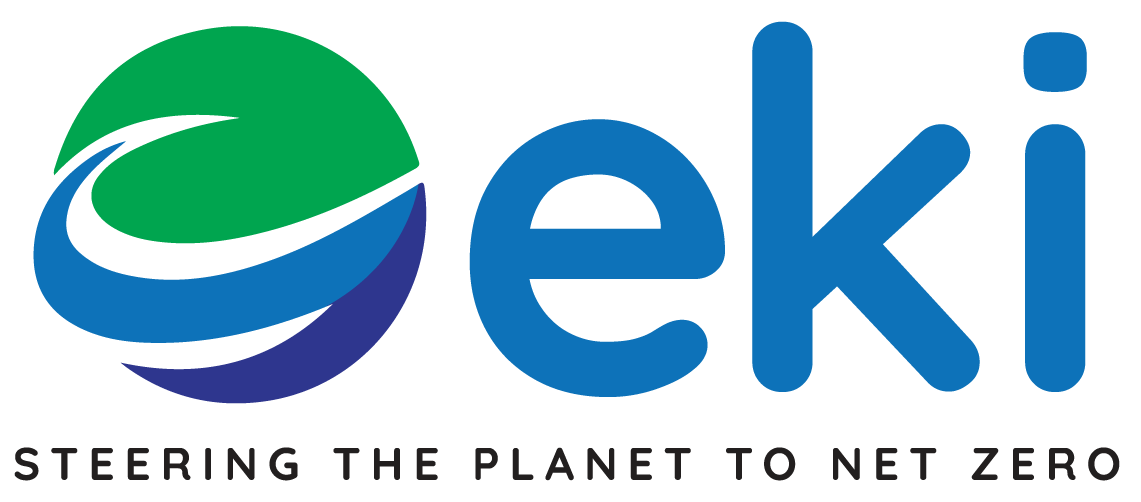As per a recent report by Fortune Business Insights, in 2021, the global electric vehicle (EV) battery market was estimated to be worth USD 37.91 billion. The market is expected to grow at a CAGR of 10.5% during the forecast period, from USD 49.22 billion in 2022 to USD 98.97 billion in 2029.
Several governments are now making or have already made battery swapping policies. Naturally, the demand for electric car batteries is increasing in tandem with the global demand for Electric Vehicles (EVs). However, the adoption of EV on a massive scale still has a long way to go.
EV adoption faces scarce specific challenges and battery swapping tech has the potential to revolutionise the industry putting these concerns to rest.
Battery Swapping
The term itself is self-explanatory. Rather than plugging the vehicle into a charging point, battery swapping allows drivers to quickly replace depleted packs with fully charged packs at certain stations. It can be considered somewhat similar to refillable or replaceable cooking gas cylinders, used in many parts of the world.
Swapping could help to reduce the strain on power grids during peak periods when drivers recharge.
NIO, a Chinese electric vehicle manufacturer, has opened its first European “Power Swap Station” in Denmark, where drivers can stop to replace their depleted battery with a fully charged one.
The entire process is automated once the car enters the station: the station raises the vehicle, mechanically unscrews and removes the depleted battery, and replaces it with a charged one, adding up to 500 km of range.
From start to finish, the process takes a total of five minutes.
According to NIO, there are already over 1,100 Power Swap Stations in operation around the world, the majority of which are in China. It now intends to open more than 100 stations in Europe this year.
Challenges to EV adoption
Government emphasis on rapid electrification to reduce reliance on fossil fuel imports and combat climate change is one of the key factors influencing the global adoption of electric vehicles. Environmental concerns among the general public are also influencing the adoption of electric vehicles globally, which is expected to boost the global electric vehicle battery market growth over the forecast period.
However, there are more than a few challenges too.
Apart from the usual OEM, ecosystem, and other tech issues and governmental policy hurdles including incentives, the main issue in a large group of people still being skeptical of adopting electric vehicles is the charging time.
Consumers are still wary of long charging times and the scarcity of charging stations at regular intervals, which is a barrier to greater EV adoption. Unless and until the issues with slow chargers and the installation of various charging stations are resolved, this will be one of the major concerns in EV adoption.
This is where battery swapping comes in. With enough battery operating stations set everywhere, battery swapping could truly revolutionise the EV industry and accelerate the adoption for a Net Zero Future.
The Revolution
In most cases, such a station can charge multiple batteries at the same time. Battery leasing provides many opportunities for fleet owners who are concerned about range anxiety or the cost of purchasing a new battery.
All a user has to do is find a swapping station, swap the depleting battery, and go to work while the empty battery charges. There is no waiting time, and the journeys are completely hassle-free!
Battery swapping has the potential to significantly accelerate EV adoption in India. It is critical to construct a sustainable ecosystem that includes a charging network, an energy grid, scrappage centres, energy operators, and battery re-mining. Furthermore, it is critical to find a more sustainable alternative to battery/vehicle reuse and scrappage.
The cost of the battery accounts for more than one-third of the total cost of an electric vehicle. If these batteries are sold separately, the upfront cost will be shifted to the energy operator’s network. Battery swapping can help build a supply chain network, which will help boost EV adoption.
Roadmap to battery swapping
The biggest challenge to battery swapping remains a lack of commonality among batteries of different EVs. With a standard design and size for every battery, this challenge could be met easily. However, it will pose another challenge of possibly halting research and progress in the advancement of battery technology for it.
A subscription model for batteries can enhance customer trust in the technology and increase its adoption. The need of the hour also calls for the interoperability of battery technologies.
Extending scrapping incentives to BS-IV and BS-VI vehicles, which, when surrendered, can be used to fund EV conversions. A manufacturer buy-back guarantee under EPR regulation, is also a way forward to encourage people to adopt EVs. Obtaining the carbon credit value chain in scrapping can also encourage faster adoption of EVs.










